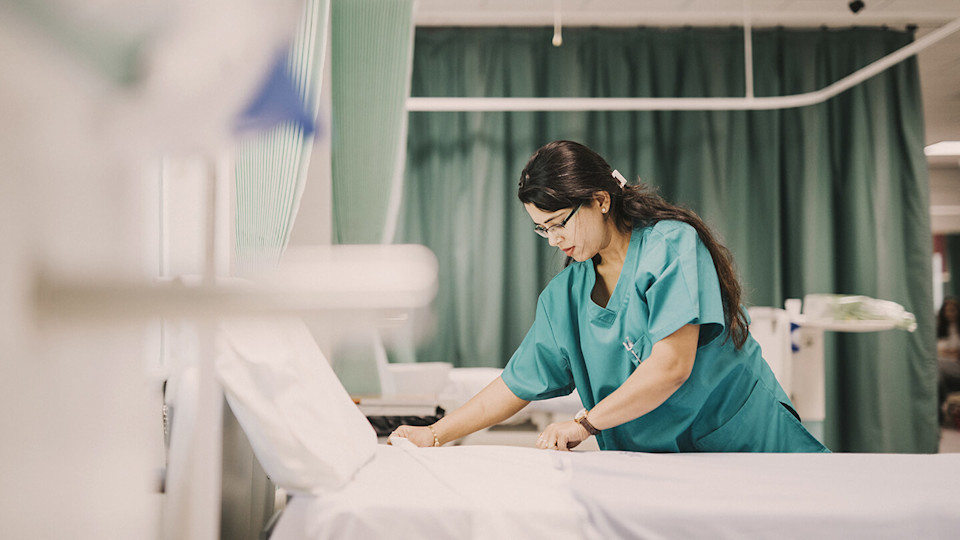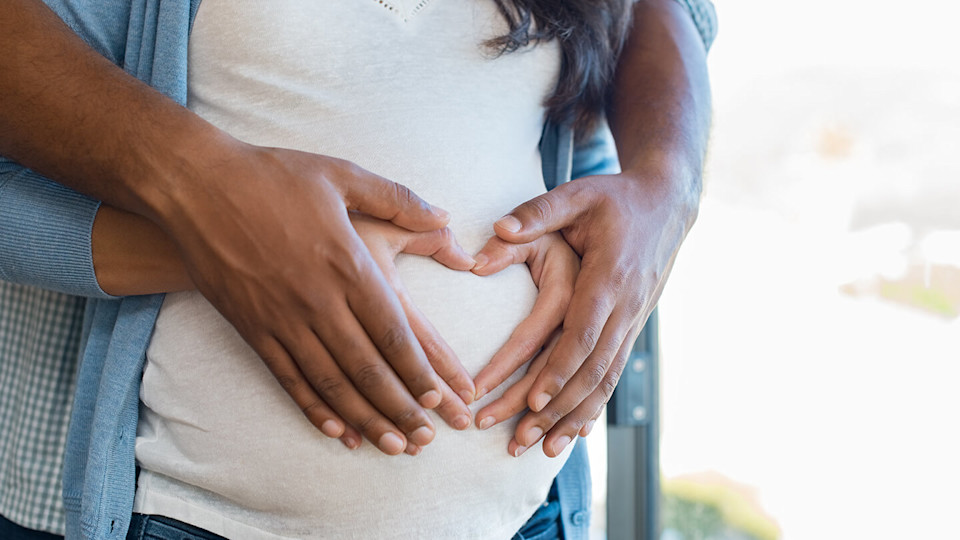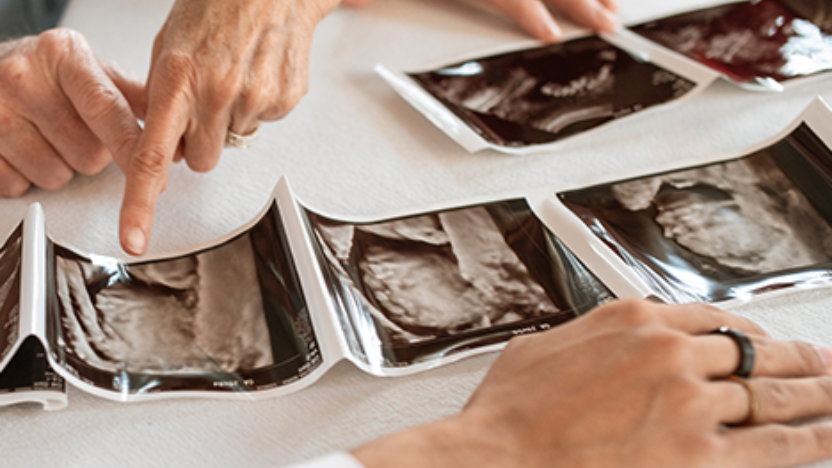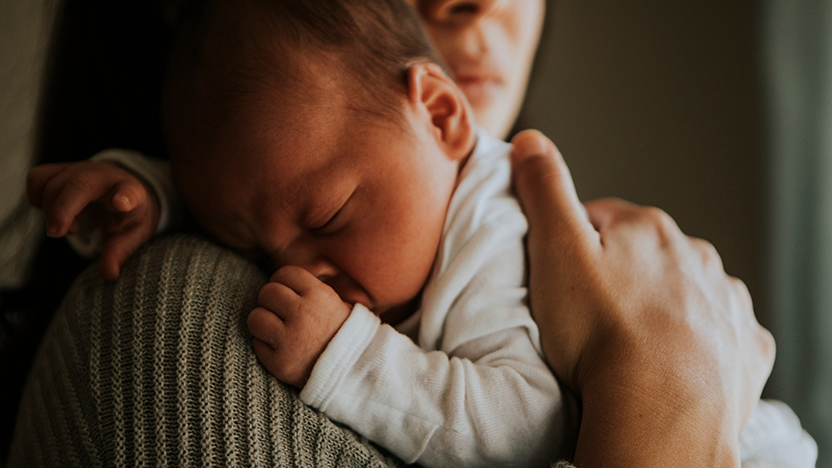
Medical Negligence
Tragic failings within maternity care
A series of distressing reports have unveiled alarming deficiencies in maternity care across several NHS trusts in the UK.
Several reports dating back to 2015 have found alarming deficiencies in maternity care across several NHS trusts in the UK, all outlining avoidable injuries and deaths to both mothers and babies. The latest updates have come from the Birth Trauma Inquiry, as well as the current Nottingham University Hospitals NHS Trust Investigation. With reports such as these coming out, it’s hard not to question the safety of maternity care in the UK as we know the quality of maternity services may vary depending on the location, and how detrimental detrimental the affects can be with negligent maternity care.
The Care Quality Commission (CQC)
According to a BBC analysis of The CQC safety ratings in 2022, covering 137 maternity units in England, more than half of them failed to meet safety standards. However, the government said in response that England is a safe place to give birth, putting forward evidence of improved safety outcomes and women’s reported experiences of care. They have also committed to implementing several improvements to maternity safety, such as increasing staffing levels, enhancing training, and learning from previous incidents.
Following this in August 2023, new investigations conducted by the CQC has, to date, rated 56 out of the 133 NHS maternity units in the country. It found 18 labelled as ‘requires improvement’ and a further seven as ‘inadequate’.
At Slater and Gordon, we believe that expectant mothers and their babies deserve the highest quality of care. Unfortunately, change is not going to happen overnight, which is why it is incredibly important to advocate for your health and childbirth and we will continue to create and promote valuable resources to ensure you are equipped to do so and ensure that your own health is treated as priority.
The latest government action regarding maternity care
Rapid national investigation into NHS maternity and neonatal services ordered by Health and Social Care Secretary Wes Streeting - Ongoing: As of the 23rd June, Health and Social Care Secretary, Wes Streeting, has ordered a rapid national investigation. The aim is to ascertain a clear vision of the state of maternity care and provide accountability for impacted families. This is to drive the needed urgent improvements to care and safety, addressing systemic problems within maternity care that have only deteriorated over the last 15 years.
The investigation will look at worst-performing services in the country, but also across the entire maternity system, bringing together the findings of past reviews into one clear national set of actions to ensure every woman and baby receives safe, high-quality and compassionate care.
The Health and Social Care Secretary said: “For the past year, I have been meeting bereaved families from across the country who have lost babies or suffered serious harm during what should have been the most joyful time in their lives.
What they have experienced is devastating – deeply painful stories of trauma, loss, and a lack of basic compassion – caused by failures in NHS maternity care that should never have happened. Their bravery in speaking out has made it clear: we must act – and we must act now.”
The investigation will be split into two parts. The first will urgently investigate up to 10 of the most concerning maternity and neonatal units, including Sussex, to give the impacted families answers as quickly as possible. The second part will consist of a system-wide review of maternity and neonatal care. Following this, and while considering the results of past inquiries, there will be one clear, national set of actions to improve care across every NHS maternity service.
Nisha Sharma, Principal Lawyer and maternity medical negligence expert, says: "Urgent and decisive action into maternity services is long overdue, but we welcome Wes Streeting's steps to tackle this. He is right to be so critical of the current state of NHS maternity provision and the clear plan he has unveiled today, at both a national level and in local NHS Trusts which have seen particular failings, can only be seen as a positive step.”
What have the published reports found?
Nottingham University Hospitals NHS Trust – Ongoing: As of May 2024, there are more than 1900 families taking part in the review and it is expected there will be many more. This review comes after a report revealed 46 babies suffered brain damage and 19 were stillborn between 2010 – 2020. The review will predominantly investigate incidents between 2012 and 2022 and is being spearheaded by senior midwife, Donna Ockenden, with the report set to be published in September 2025.
Previously, the Care Quality Commission (CQC) had published reports looking at maternity services run by Nottingham University Hospitals NHS Trust, rating them inadequate.
Though the final report from Donna Ockenden is yet to be published, the upcoming report*, commissioned by NHS England, is set to review maternity incidents, complaints, and concerns, providing information and recommended actions. This report contributes to the growing evidence of the need for improvements and reforms in maternity care within the NHS.
University Hospitals Sussex Trust – Ongoing: The University Hospitals Sussex Trust has developed a reputation for delivering poor quality of care after a CQC inspection in 2023, with the trust being downgraded from outstanding to requires improvement.
Brighton's Royal Sussex County Hospital fell from ‘good’ to ‘inadequate’ and the Princess Royal Hospital, Haywards Heath, dropped from ‘good’ to ‘requires improvement’.
After consistent medical negligence claims against the Royal Sussex County Hospital, a police investigation was launched called ‘Operation Bramber’.
Operation Bramber was launched in June 2023, investigating the deaths of patients, serious patient harm and allegations of medical negligence at the Royal Sussex County Hospital. The investigation, at this stage, focused on negligence relating to neurosurgery and general surgery between 2015 and 2021.
In September 2023, police broadened the scope of the investigation to include more recent cases. This was the result of internal allegations that the departments continue to be unsafe and fail to properly review serious incidents.
Nisha Sharma, Principal Lawyer in our medical negligence team, said “There are many questions being asked about the care provided by the Royal Sussex County Hospital, and rightly so. What we know so far is deeply concerning, and patients deserve answers”
These investigations and reports expose the urgent need for comprehensive reforms within the NHS maternity care system, with a demand to address systemic issues, enhance accountability, and prioritise patient safety to prevent further tragic outcomes.
The Birth Trauma report – May 2024: A recent inquiry into traumatic childbirths has called for an overhaul of the UK's maternity and postnatal care after finding poor care is "all-too-frequently tolerated as normal".
The Birth Trauma Inquiry heard evidence from more than 1,300 women and highlighted many key themes such as:
- Failure to listen
- Lack of informed consent
- Poor communication
- Lack of pain relief
- Lack of kindness
The report called for an overhaul of maternity care in the United Kingdom as well as the need to introduce a base standard in maternity services across the country through the introduction of a maternity improvement strategy.
East Kent – October 2022: Following concerns raised about the quality and outcomes of maternity and neonatal care at East Kent Hospitals University NHS Foundation Trust, Dr. Kirkup's independent report laid bare "shocking and uncomfortable failings" within the maternity units of the Queen Elizabeth Queen Mother Hospital and William Harvey Hospital finding care had repeatedly lacked kindness and compassion, both while families were in the hospitals’ care and afterwards when families were coping with injuries and deaths.
The report outlined four areas for improvement, which were;
- Identifying poorly performing units
- Giving care with compassion and kindness
- Teamworking with a common purpose
- Responding to challenge with honesty
Shrewsbury and Telford Hospital NHS Trust – March 2022: The Ockenden Review exposed the distressing reality that shortcomings within the Royal Shrewsbury and Princess Royal Hospitals had contributed to the tragic deaths of over 200 infants and nine mothers who could or would have survived if they had received higher quality care. The investigations findings exposed deep-rooted issues in these hospitals’ maternity care practices, such as patterns of repeated poor care, staff with false senses of confidence in their ability to manage complex pregnancies and babies diagnosed with foetal abnormalities during pregnancy as well as failures in governance and leadership.
Kirkup Report - Morecambe Bay – 2015: An independent investigation led by Dr. Kirkup revealed inadequacies in care were linked to the deaths of three mothers and sixteen newborns either during birth or shortly after. This investigation, initiated by health secretary Jeremy Hunt, shed light on the dire consequences of subpar maternity care and found with different clinical care with these cases, it could have prevented the death of 1 mother and eleven babies. The report states the maternity department at Furness General Hospital was dysfunctional with serious problems in areas such as; clinical competence fell significantly below the standard for safe, ineffective service, poor working relationships between midwives, obstetricians, and paediatricians and failures of risk assessment and care planning resulting in inappropriate and unsafe care.
How can we help?
Worries and concerns are common when you are pregnant, and you should expect expert medical care wherever you are. This, however, is not always the case. If you feel you’ve received substandard medical treatment whilst pregnant or during birth, our medical negligence experts are on hand to help.
At Slater and Gordon, we have expert solicitors that specialise in medical negligence during pregnancies. As well as legal experts, we also work with dedicated nurses and midwives who work on our cases, to give deeper insight and advice into these complex situations.
Providing a support network is also important in these cases, which is why we partner with several charities and organisations, such as;
CPotential: Provides integrated tailored therapy and support to children and young people with movement disorders, due to conditions such as cerebral palsy, global developmental delay or acquired brain injury.
Cerebral Palsy Cymru: Family support for those in Wales with children who have cerebral palsy.
CBIT (Child Brain Injury Trust): A charitable organization providing emotional and practical support.
Maternity Worldwide: Help work towards safe and appropriate healthcare during pregnancy and childbirth.
Tommy’s: Dedicated to providing trusted pregnancy care and support.
Bobath Cerebral Palsy Centre: Providing support to families living with cerebral palsy.
For more information on how we could help, get in touch, online or give us a call on 0330 107 6470
*This page will continue to be updated with the latest results from the review



